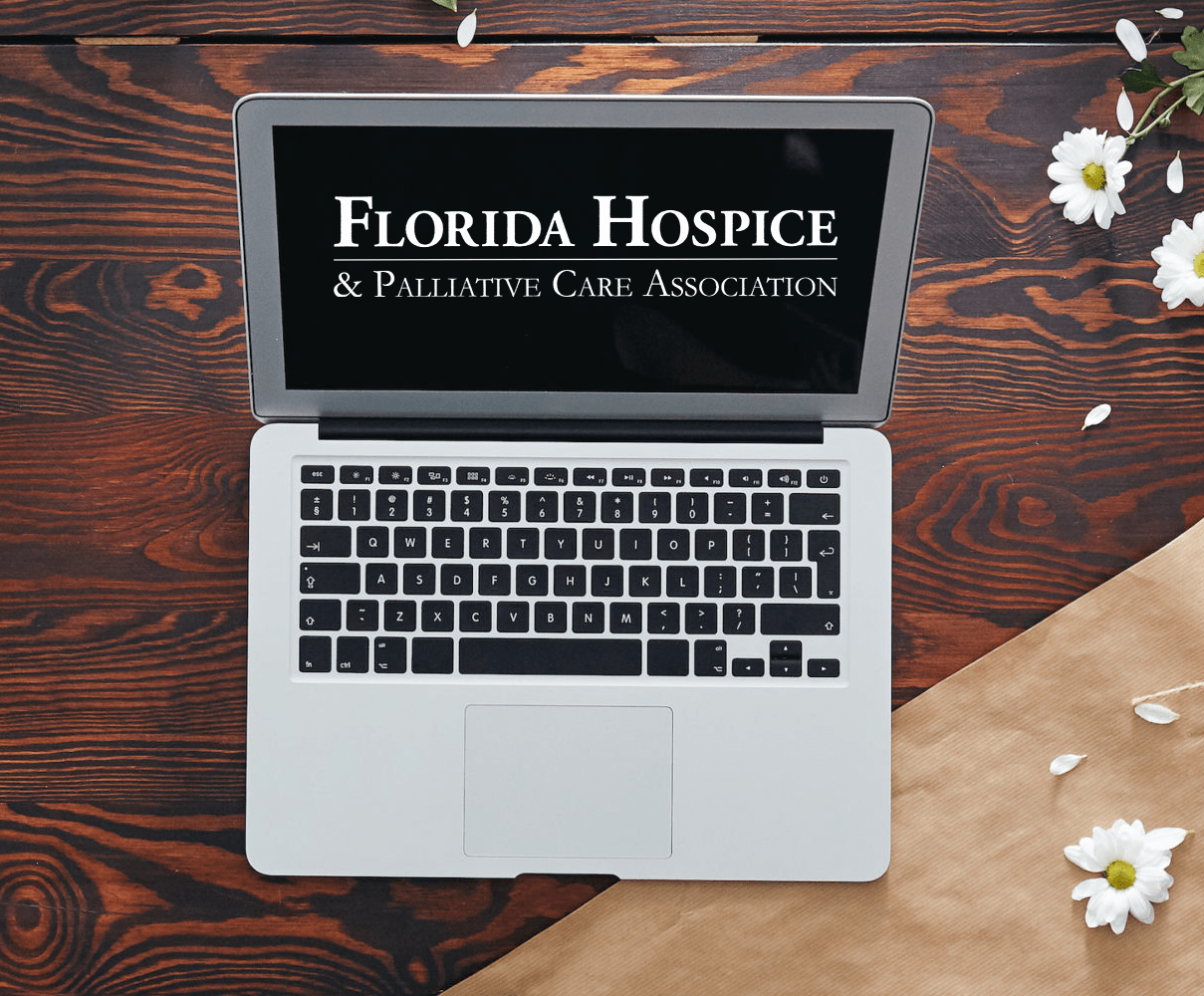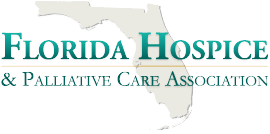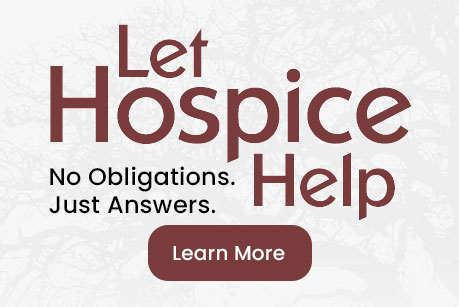News
This year’s Forum was a great success! While we are preparing follow-up emails, evaluations, attendee lists, and CEU information to go out this week, don’t forget to mark your calendar for 2025:
Upcoming Events
Sun
Mon
Tue
Wed
Thu
Fri
Sat
S
M
T
W
T
F
S
25
28
29
30
1
2
3
4
5
7
8
9
10
14
15
16
18
12:00 PM - Hire & Develop a Superior Salesperson
20
21
22
23
24
28
29
30
31
2
3
4
5

There are specific Conditions of Participation (CoPs) related to the components of emergency management. This webinar will delve into the requirements for an effective emergency management plan and program, including communication, training, testing, and completing an HVA and risk assessment. Best practices to integrate elements of your emergency management plan into other programs within your organization will also be covered. Participants will receive tabletop tools and a plan outline. All components that must be included in an emergency management policy and procedure will be reviewed.

Advances in medical technology prolong life through interventions such as dialysis, mechanical ventilation, and cardiac devices. However, what happens when someone declines initiation of these life-prolonging measures? Or what if they initiate and then decide to discontinue even knowing doing so will likely result in their death? What are caring medical providers to do? These scenarios are emotionally and morally impactful. It can be difficult to determine the right course of action. This webinar will ensure that your organization has the right knowledge and tools to provide an ethically sound approach to requests to forgo or discontinue life-sustaining treatment.

Empathy plays a major role in employee and patient satisfaction. No matter what the discipline, empathy can create loyal employees, raving referral sources, and a powerful culture. Sign up for this informative session to closely examine the entire spectrum of empathy and how each component impacts people differently. Learn scripted statements that demonstrate all the empathy components to help you find the right words and put this skill into practice in your daily life.

The days of muffin marketing and making “howdy” sales calls are over! A high-performing sales team that drives referrals is just as important as a high-performing clinical team. For an organization to even exist, a steady, predictable, and robust flow of clients and patients is paramount. In healthcare, having professionals with the skill sets, abilities, tools, and supportive structures in place is critical to an organization’s overall health. This webinar will explain the essential elements required to develop and sustain a high-performing sales team. Participants will be armed with practical tools and techniques to initiate or enhance their team.

With medical record claim reviews back in full force, more hospices are finding themselves on the receiving end of claim denials. Whether clinical eligibility or technical denials, appeals is a critical piece of the TPE/ADR process. This session will explore how to craft an effective appeal response using a timely and systematic process, organization tools, and relevant but often-overlooked clinical information.

Why are best practices critical to the hospice process and how do they impact quality of care? This webinar will answer frequently asked questions related to counseling services, IDT, and the hospice plan of care. Best practices will be presented with their direct correlation to overall patient experience, quality of care, and patient outcomes. The presentation will discuss how to maximize services from counselors and spiritual caregivers to support clinical team members, patients, and caregivers. As CMS continues to focus on quality, hospices must focus on using effective industry standards to meet quality initiatives. If your agency has identified “quality of care” as an area of improvement, this webinar is for you.

A complaint is your client’s way of saying, “I need your help.” How that expression of unhappiness is handled greatly influences whether the client or patient remains loyal or seeks care elsewhere. Unresolved complaints can result in negative comments to potential clients, adverse publicity, and malpractice suits. The service recovery skills expounded on in this webinar will help your team respond to complaints with greater ease to preserve and improve relationships.
Bonus! The first 20 organizations to register for this webinar will receive a copy of Susan’s book I’m Sorry to Hear That… Real Life Responses to Patients’ 101 Most Common Complaints About Healthcare. Further details will be emailed to the first 20 registrants after purchase.

Medicare eligibility of live discharges remains a target area for CMS, so they should be an area of focus for all hospice agencies. Do staff understand the live discharge process, qualifications, and required documentation? Does your agency proactively manage and monitor the compliance complexities surrounding live discharges? Is your CAP and LOS an area of concern? Is your agency plagued with ADRs and patient eligibility issues? Is your HCI score adversely affected by burdensome transitions? If you answered yes to any of these questions, then the Live Discharges: How, When & Why Package will benefit your agency.
Part 1 will review the five types of allowable live discharges, how to proceed with each, the required documentation, and best practices to avoid problematic discharges. This program will evaluate the use of monitoring tools and reports for benchmarking and measuring compliance to prevent unwanted scrutiny. Learn best practices for live discharges, including working with frontline staff on hospice eligibility, which impacts live discharge statistics.

The hospice live discharge process is complex to understand and undertake. Due to length of stay and eligibility dilemmas, one in five patients could face an unexpected live discharge, with even higher chances for those with non-cancer diagnoses or for patients in for-profit hospices. This webinar will help staff differentiate between revocations and hospice-driven discharges. Ongoing eligibility, the live discharge process, discharge planning, avoiding burdensome transitions, and supporting the continuum of care will be reviewed. The session will educate staff about the live discharge process from beginning to end, including handling appeals, which occur frequently with long length-of-stay patients.
With increased CMS scrutiny, the Live Discharges: How, When & Why Package will answer frequently asked questions about when to live discharge, the impact on Medicare CAPs, reports to review, and how to avoid burdensome live discharges, which are detrimental to your agency’s HCI score.


